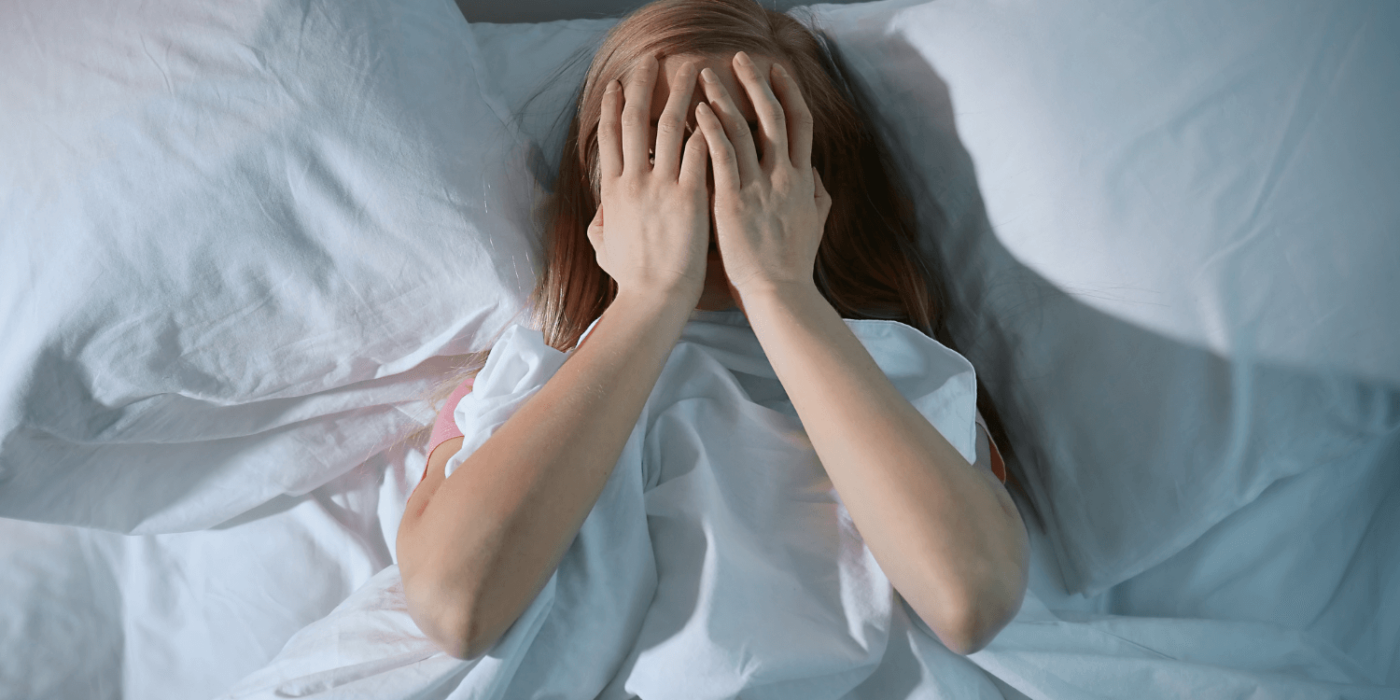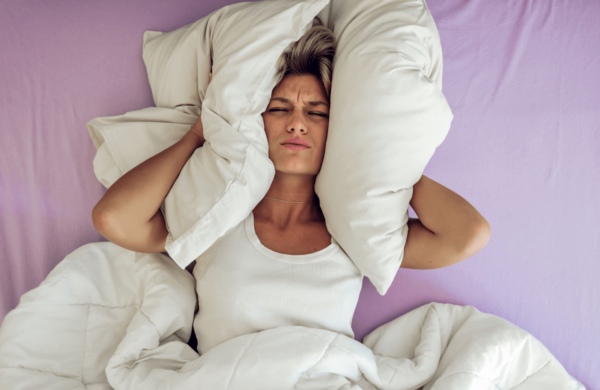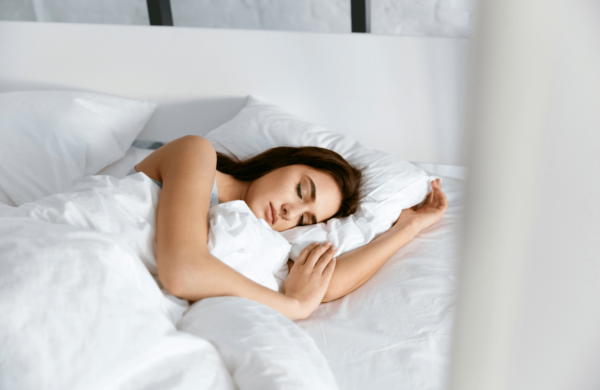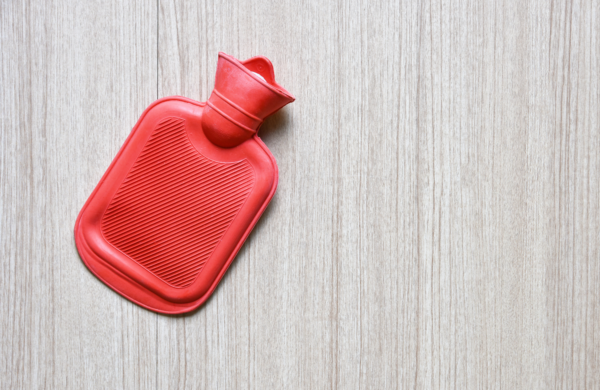How to Sleep Better When You’re Feeling Stressed: Top 10 Proven Tips
The relationship between stress and sleep is a symbiotic one. When you can’t sleep due to stress and anxiety, it creates a cycle that can be difficult to break.
Stress can be caused by a wide variety of factors such as health issues, financial worries, relationship problems, new babies, unemployment, pressure at work, life events and family worries.
Our modern lives are so much more hectic and switched on than they’ve ever been before and this overstimulation can lead to perpetual feelings of stress, even more so if we have a predisposition towards poor mental health.
Our natural stress responses developed to aid us in fight or flight situations. When early humans were faced with life-threatening situations, the production of adrenaline and cortisol hormones by our bodies increased our heart rates, helping to circulate oxygenated blood to our vital organs and muscles in order to prepare for immediate action.
These days, we don’t tend to face the same level of life-threatening scenario often, but the same physiological responses still occur when faced with different stressful situations such as problems we encounter at work or in our personal lives.
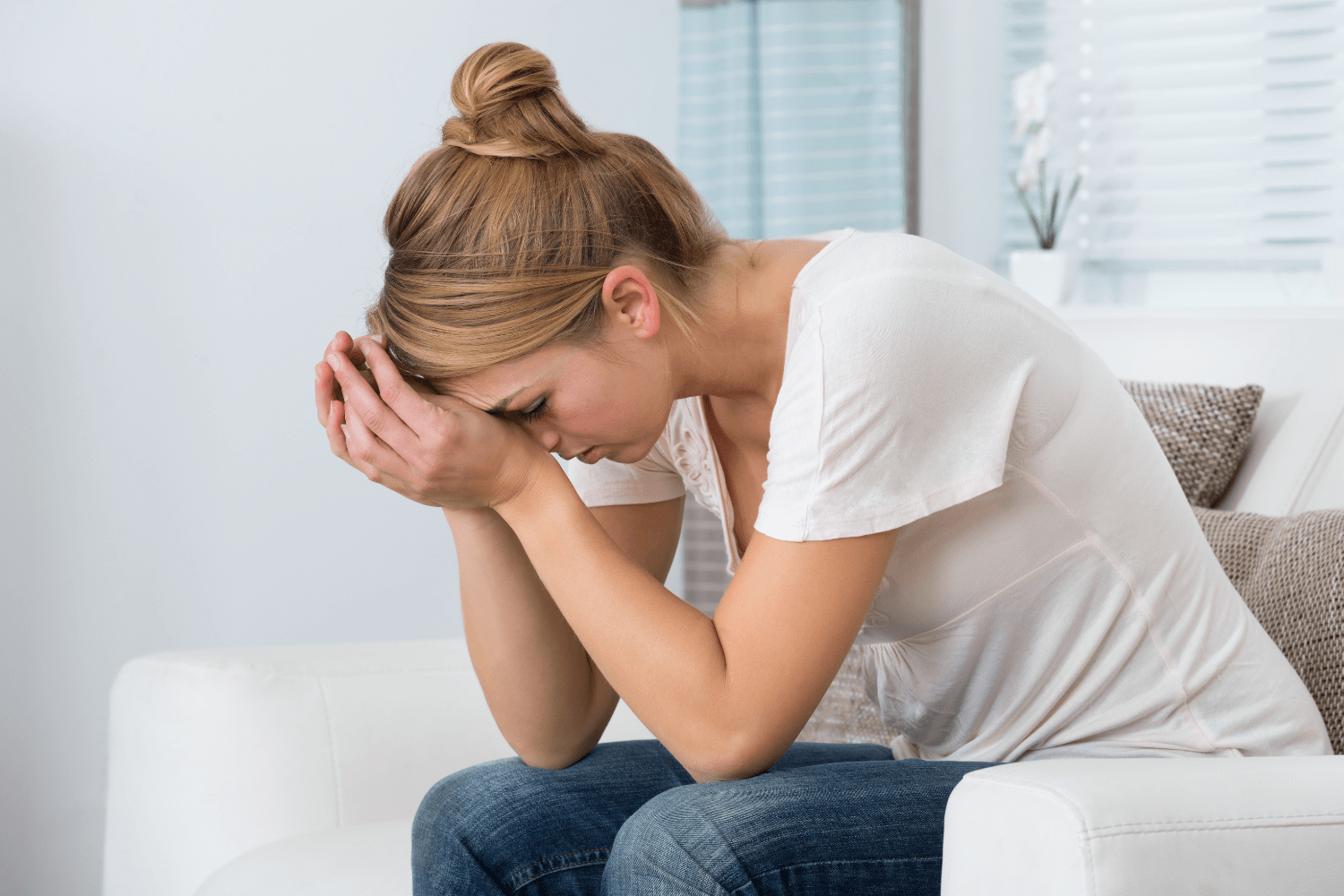
Once the cortisol kicks in it supresses the production of melatonin, which is that helpful hormone that helps us fall asleep and stay asleep.
Cortisol hormones also dilute adenosine, the hormone that tips us over the edge from wakefulness to sleep. These chemical reactions occur subconsciously in our bodies by our homeostatic drive and external factors we experience in our daily life that cause stress disrupt these processes.
One of the leading symptoms of stress is poor sleep quality, which can have a significant impact on your overall well-being and make it harder to manage daily challenges. It is a hard cycle to break. Sleeping with stress can make it hard to turn your brain off, especially at bedtime.
This is why we’ve compiled this list of surefire tips on how to sleep when stressed and anxious, these techniques will help you switch off your head and relax at bedtime.
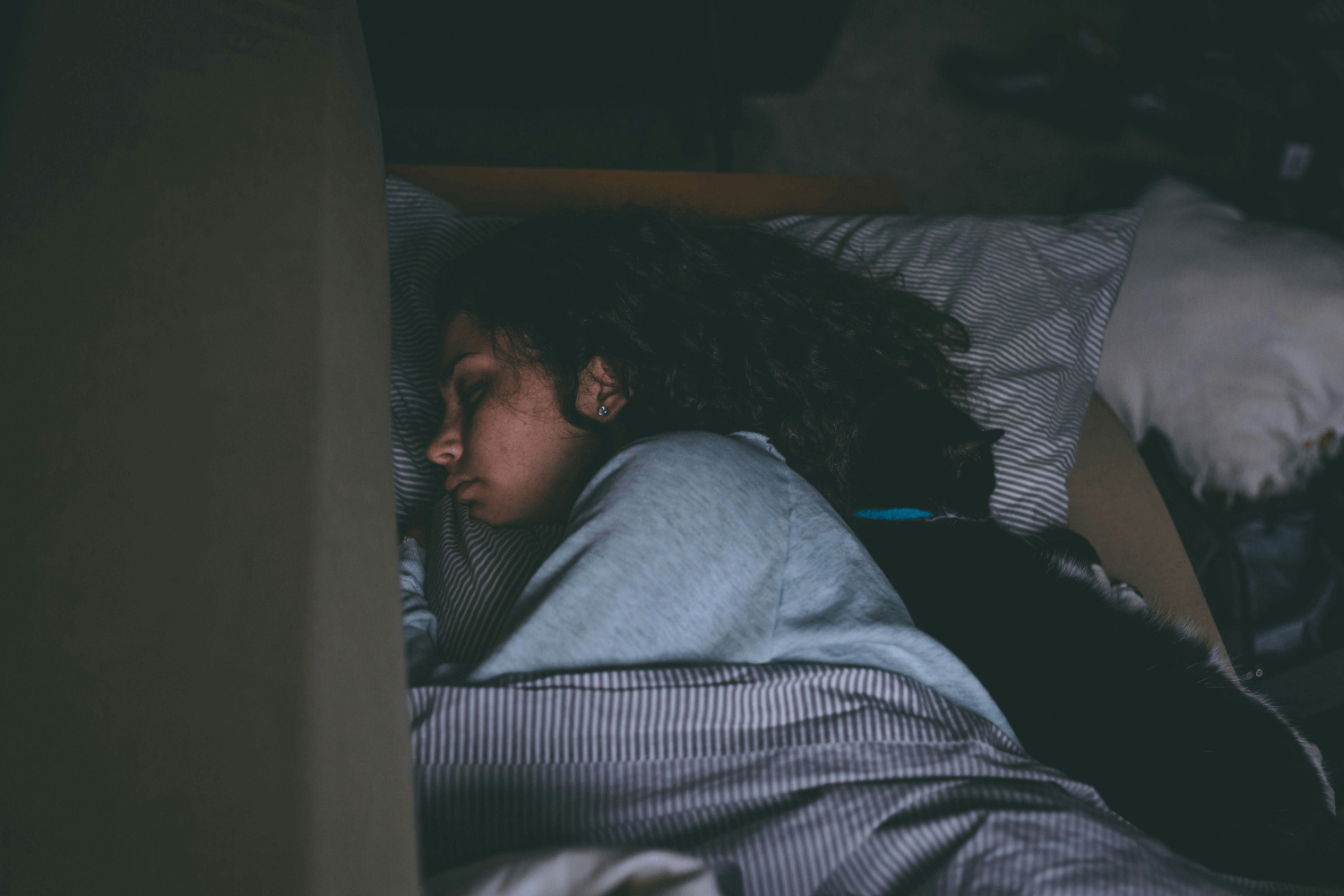
Top 10 Tips for Better Sleep
1. Establish a bedtime routine
Research studies have shown that there is a correlation between better sleep quality and a consistent sleep routine. Establishing this routine is essential if you’re looking to improve sleep for stress relief and overall mental health.
Going to bed at the same time each night and waking up at the same time has a more positive effect on your health than going to bed late and at an inconsistent time.
To ensure that your body knows when it is time to sleep and when it is time to wake up, we suggest trying a fixed bedtime routine. This should improve your ability to not only fall asleep, but to stay asleep once you’re in bed.
Establishing a consistent bedtime routine is our number one tip for how to sleep better.
2. Avoid screens before bedtime
TV screens, computers and phones emit blue light, no matter how low we set the settings on our devices to combat it.
Blue light wavelengths are short and high-energy which is why we suggest avoiding screens close to bedtime. This type of stimulation can be absorbed by both the eyes.
Studies have shown that younger people are more susceptible to blue light stimulation from devices than adults, so it is particularly important that your kids avoid their phones and tablets before bed for a better quality of sleep.
For your best chance of relaxation before bed, turn those screens off! Read a book, have a bath, do some stretching or meditation. All of these will aid relaxation before bedtime and help you fall asleep easier and stay asleep longer.
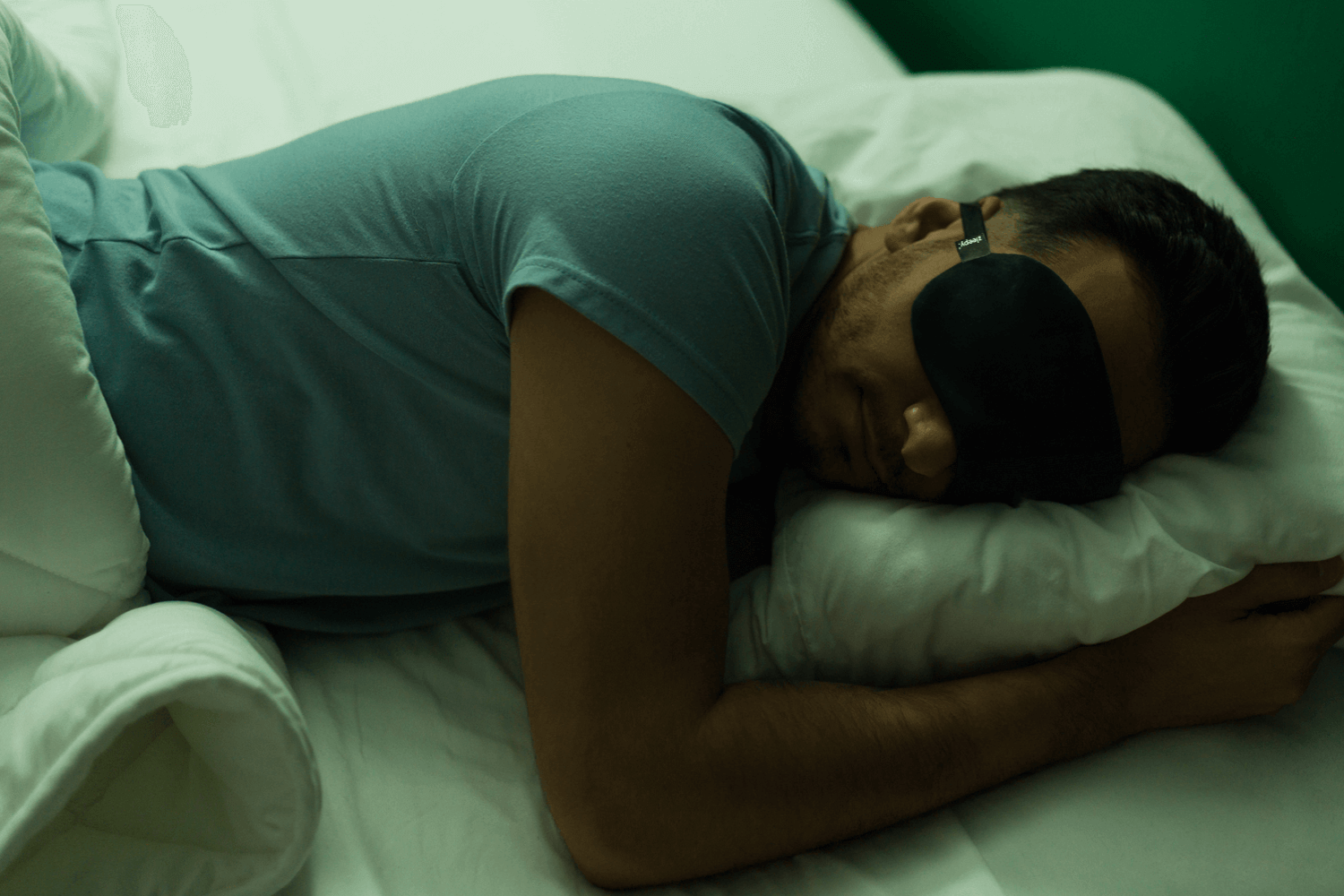
3. Use sleep masks and ear plugs
Some of us are light sleepers so in addition to struggling to turn our brains off, we might be extra sensitive to light and sound.
Using a sleep mask and ear plugs for sleep will reduce the amount of sensory stimulation you receive, helping to relax your mind and enabling you to block out distractions.
A 3D sleep mask in particular has indentations for your eyes, so they don’t overheat and soft padding around the face making it comfortable to wear as you sleep.
Ear plugs preference will differ from person to person, but we have found that soft silicone earplugs in particular are excellent at blocking out ambient noise and are flexible enough to fit all shapes and sizes of ear.
4. Try breathing exercises
Feelings of stress can raise your heartrate and when we need to fall asleep, we could really do with lowering our heartrate. The quickest and easiest way to induce feelings of calm before bed is to practice some tried and testing relaxation breathing.
Box breathing is the technique where you close your eyes and breath in through your nose for a count of four, hold your breath for a count of four then exhale through your mouth for a count of four.
Hold your breath again for a count of four before beginning the cycle again with your next inhale.
The repetition of this practice focuses the mind, helping you to let go of stress, anxiety and preoccupation and encouraging the body to relax slowly and on purpose. Repeat this for as many times as needed until you begin to feel sleepy.
Stress relief techniques such as meditative breathing are tried and tested and are preferrable to pharmaceutical intervention as they target the brain and body rather than chemically inhibiting receptions in the brain.
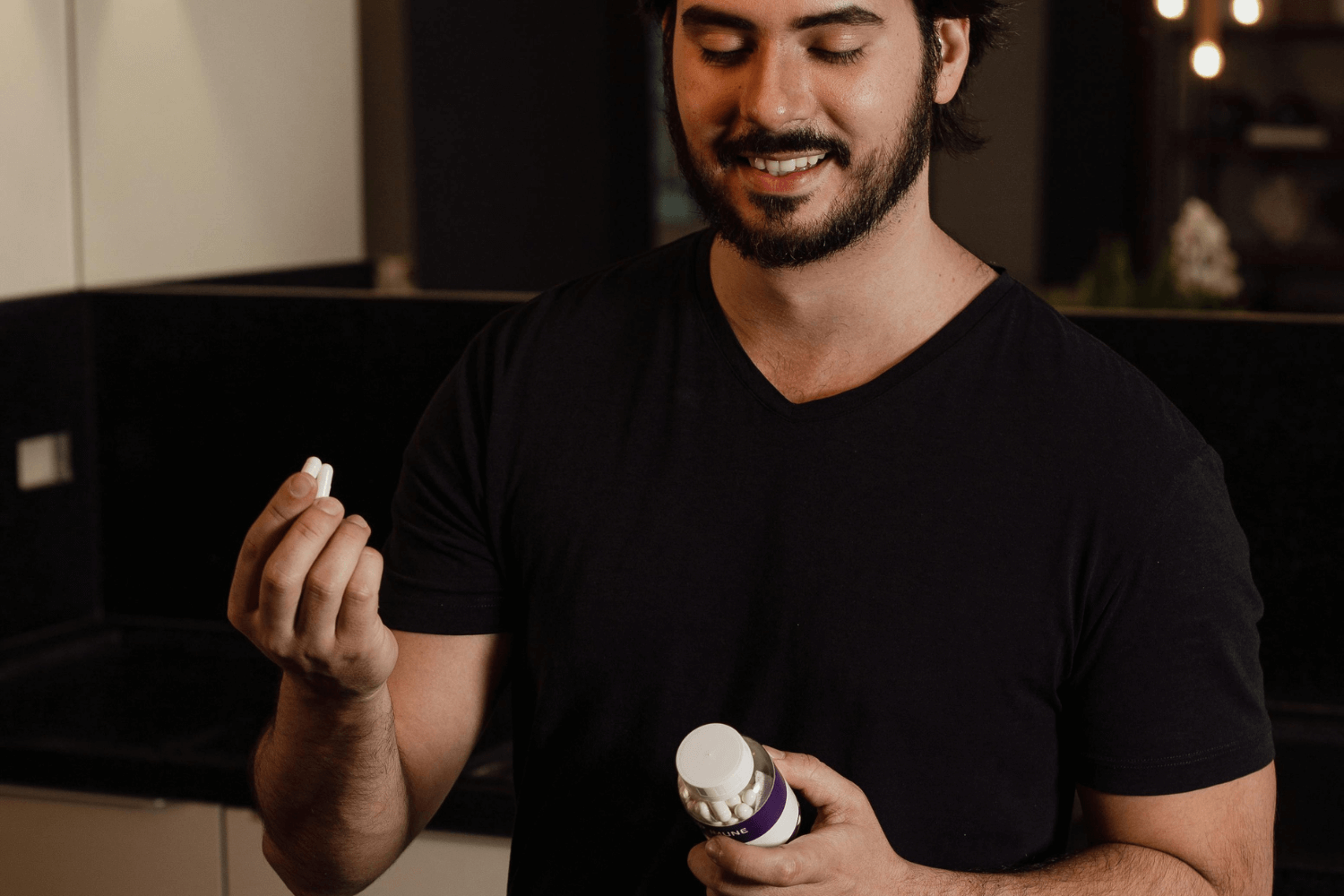
5. Take magnesium supplements
Magnesium is a metallic element that has been linked to a whole host of health benefits from relaxing muscles and improving metabolism to improving bone health and easing high blood pressure.
In fact, this helpful metal is involved in hundreds of homeostatic processes within our bodies and deficiency can lead to a heap of health problems.
Magnesium is one of the best supplements for sleep health as it aids relaxation by reducing tension in the muscles, improving blood flow, lowering heart rate, calming the nervous system and encouraging the production of melatonin.
Taking a magnesium supplement like magnesium glycinate can help boost magnesium levels, restoring your body to an optimum state of functioning, ensuring that sleep is less elusive, and stress is kept at bay.

6. Use Epsom salts
Epsom bath salts contain a form of magnesium that is absorbed through the skin and inhaled when breathing.
A relaxing soak before bed will increase your body temperature and soothe any stress and tension held in your body.
Adding Epsom salts, especially with an added essential oil such as calming lavender, will elevate your bath from basic heat therapy to an awesome sleep inducing experience.
7. Stick to a healthy diet
Feelings of stress can lead to binge eating at one of the scales, to not eating at the other end. Neither of these is ideal for maintaining a health body weight. Your health has a significant impact on your quality of sleep, with both emaciation and obesity leading to disrupted sleep patterns.
One of the best ways of helping sleep and anxiety is to get plenty of fruit and vegetables in your diet, consume lean proteins and healthy fats.
Even during times of stress, eating well will fuel your engine and help you maintain proper functioning, including good sleep quality. Sleep is vital for repairing the brain and body so a good diet will help your body which in turn will help your brain, bringing the end to feelings of stress and anxiety.

8. Get plenty of exercise
This might seem an obvious sleep tip but if your body is tired, it won’t be long until your mind is too! Getting plenty of exercise during the day is a wonderful way of staying fit and healthy, which contributes to the normal production of melatonin which helps you sleep.
Whether you enjoy walking, running, playing sports or going to the gym, physical activity will fatigue your body and focus your mind, so not only is the exercise itself helpful for forgetting stressors, but the exertion will also help bringing on feelings of tiredness.
Exercise produces endorphins which supresses cortisol, those horrid stress hormones. So try to exercise at some point in your day, even if only for a short time to beat feelings of stress.
9. Spend time outside
Spending time outside has proven health benefits. A Harvard study in 2019 showed that spending as little as 20-30 minutes a day outside led to a drop in cortisol levels, reducing stress.
When you’re feeling stressed, taking a little time to go outside, even if just for a short walk will help to alleviate feelings of stress and aid relaxation.
This stress relief technique is one of the more simple but most effective ones at aiding relaxation before bed. Go for a short walk before or after dinner for the ultimate helping hand to fall asleep at bedtime.
10. Avoid alcohol
Alcohol is a stimulant. Drinking before bed will do the opposite of helping you to fall asleep. People suffering with stress may think that drinking aids relaxation before bed, but this is simply not true.
It inhibits the production of melatonin so that rather than starting to feel sleepy at bedtime you’ll be feeling wide awake instead. As far as stress relief techniques go, consuming alcohol, even in small amounts, is more likely to make you feel worse in the long run.
We hope these tips provide you with practical ways to improve your sleep and manage stress more effectively. Remember, taking small, consistent steps can make a big difference in breaking the cycle of stress and poor sleep.

